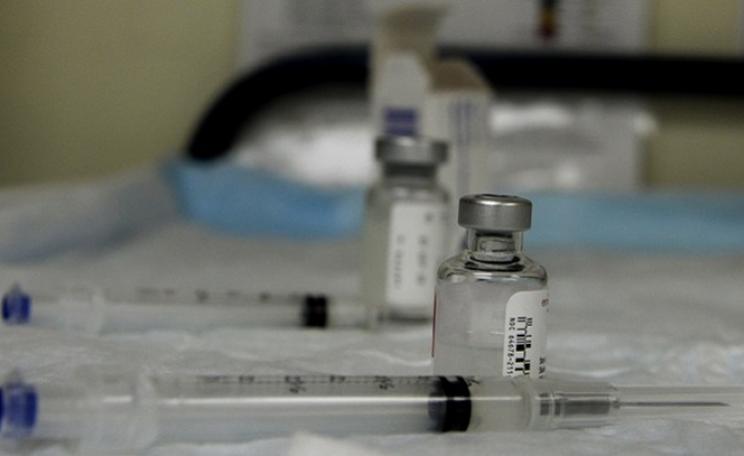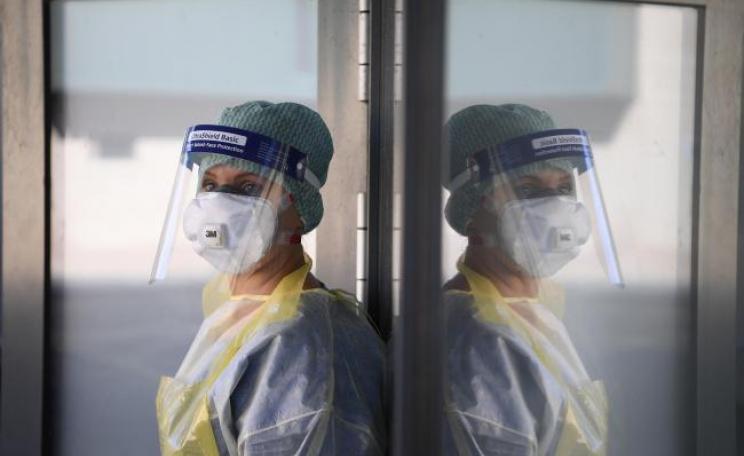Change is happening, and there’s growing recognition that we are dealing with not just a pandemic, but also with system breakdown.
I can remember really thinking about resilience and its relationship to the economy for the first time in 1998. I was working on the Bangkok Post, running stories from New Zealand about the city of Auckland being without power for five weeks, with significant problems for months afterwards.
It caused real shock among our readers. Surely a developed, rich nation wouldn’t have a problem with electricity? But that was a dated understanding in a world that had changed.
Privatised utilities exist to deliver profits to shareholders. Making sure things don’t go horribly wrong is not a priority: it costs!
Privatisation
When things do go wrong, as we saw with G4S and the Olympics, the government has to step in to pick up the pieces. We’re seeing the same thing happening with the military stepping in to help privatised NHS distribution in the Covid-19 epidemic.
I was reminded of Auckland’s crisis in 2015 when I visited Lancaster in the week after it had suffered a significant power failure caused by flooding. What I remember from that visit is a profound sense of shock, a feeling that the city had come awfully close to breakdown.
At an event with the Green House thinktank postmorteming the events in Lancaster, one of the things I remember from that event is the way in which centralisation of decisionmaking, the cutting of management roles - more private sector “efficiency” - hampered local flexibility in dealing with the crisis.
Change is happening, and there’s growing recognition that we are dealing with not just a pandemic, but also with system breakdown.
Where once a train station or supermarket manager was a senior person with real power, now they’re often little more than a shift manager, operating according to written guidance and the directions of a far-off computer that demands compliance with laws about lighting levels or Sunday trading hours, when commonsense demands changes to normal practices to meet urgent needs.
Now, we have a world in crisis, struggling to cope with a disease that is spreading fast and that is causing great suffering and death.
Capacity
Much of what we have done in the world in the last twenty years has opened the way for this crisis and made it far more difficult for us to fight it.
Our economy could have been designed to be as fragile and open to it as possible. The degree of movement of people around the world - which has so suddenly stopped - was only a part of that.
Governments in some of the world’s richest nations, such as Britain, have slashed away at their own capacity to deal with Covid-19. Hospital bed numbers are way down and local government slashed to the bone.
Companies are loaded with debt - debt often acquired to make massive payouts to shareholders or for acquisitions in a “get big or get out” corporate environment. They’ve been driven to try to keep the doors open, even when that’s clearly a disaster for the society of which they are a part.
These companies don’t see themselves as having a duty to the community that’s essential to their profits - and in legal terms with shareholder-value capitalism, they don’t.
Vulnerability
Workers on zero-hours contracts or dependent on the gig economy, with no income protection and no savings, have no choice but to go to work even when ill, spreading the virus far and wide.
Our societies are fearsomely vulnerable. But that’s not a counsel of despair. We have seen that despite the ways in which, despite inequality, poverty and structural barriers, communities have come together in a simple human response to need, determined to protect the poor, the old, the vulnerable, to reach out to their neighbours.
I started writing this from North London, where I stay at a friend’s home, and through the door came a flier, printed on a home computer, providing offers of help and information, whatever is needed.
I’m signed up on Next Door, a website that is similarly full of offers of help and useful hyper-local information, like which shops have toilet paper. In my home city of Sheffield, I’m seeing similar outreach.
Resilience
Over recent decades neoliberal ideology has tried to claim that humans are “naturally” selfish and out only for themselves. That’s not how the coronavirus epidemic has played out. And I’m not surprised.
Think back to the origins of our species as a weak, puny and remarkably under-armed group - little useful in the way of tooth and claw - faced with sabre-tooth tigers and cave bears. It was surely only solidarity that ensured the next generation survived to adulthood and the wisdom of the elders was passed on, not the young and the fit leaving them to their fate when danger threatened.
An understanding of the need for resilience, investment in the future and avoidance of risk is hardwired into our societies. The medieval peasant seeking to plant a range of grains to ensure at least some harvest, in the face of a lord demanding high-status, high-risk wheat crops, was certainly following this sense.
Neoliberalism has pushed that down a long way, but the panic buying and hoarding - as disturbing as it has been - shows the understanding remains. We’ve been told often that the world is different now - we don’t have to worry about what we did in the past, that “the market” will look after us and our needs.
That’s always been demonstrably untrue, but it is now acutely obvious.
Change
We’ve also lived in a society that has hugely devalued, even scorned “low-skilled workers”, carers, delivery and warehouse workers, supermarket checkout and shelf-stackers. Suddenly, there’s been a realisation (even from Conservative MPs) that we’re all dependent on them - and their health and wellbeing.
Change is happening, and there’s growing recognition that we are dealing with not just a pandemic, but also with system breakdown.
This means that we have societies open to change - not just sticking plasters on wounds, but building new and different systems, breaking away from the profit god and the efficiency mantra, and recognising that consistently meeting everyone’s basic needs for food, shelter and health is what the economy is there for.
This Author
Natalie Bennett is a Green Party peer.







